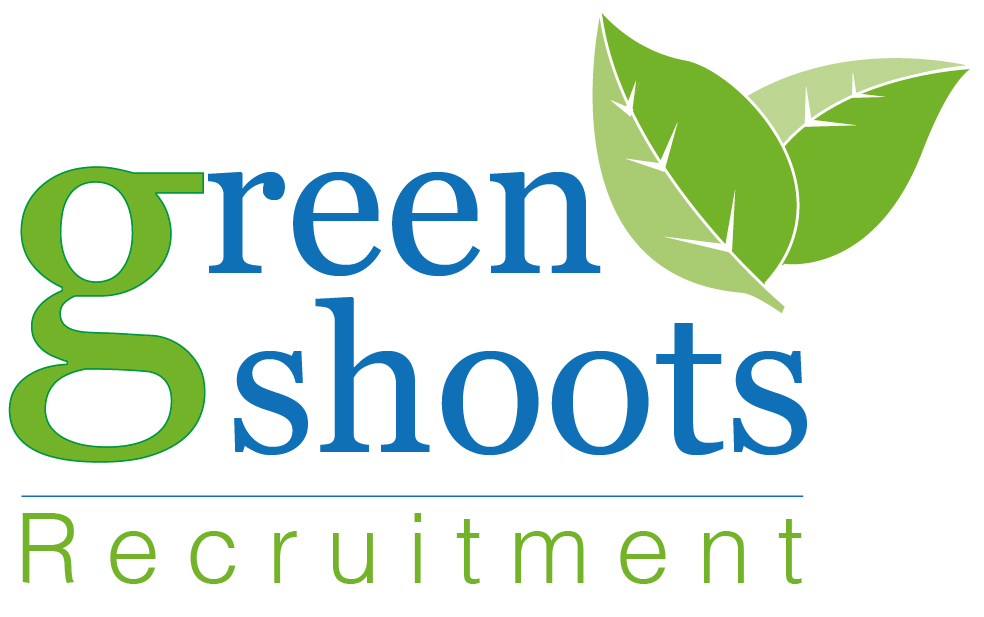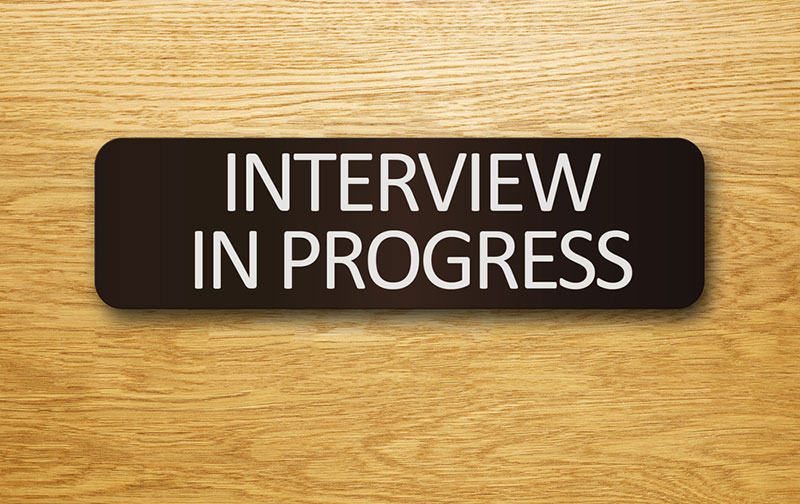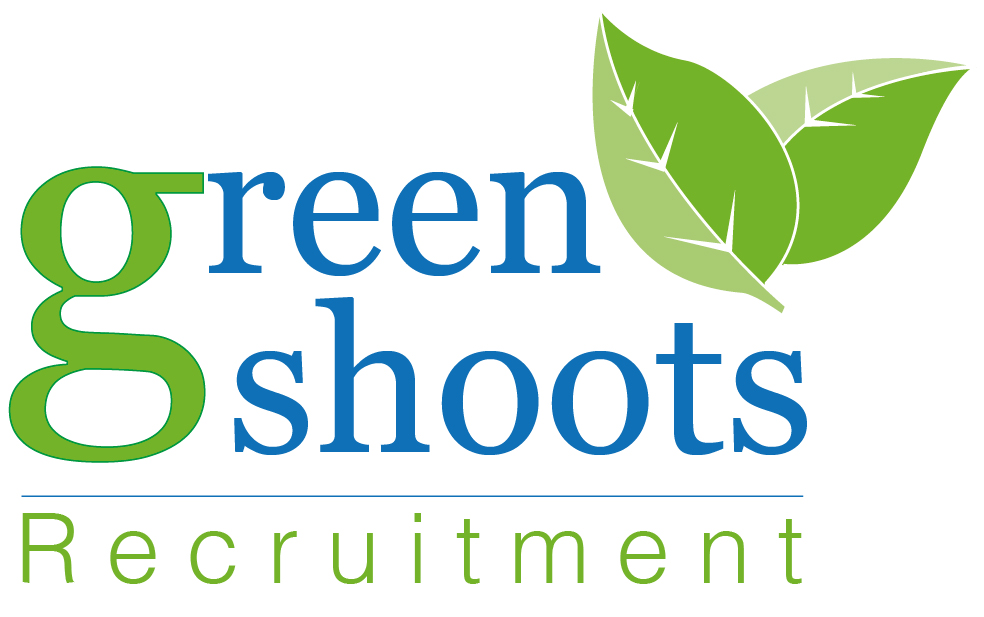Top 20 Interview Tips from Green Shoots Recruitment Ltd
Digital, Creative and Marketing Recruitment Specialist
“Include Specifics”
You are more likely to stand out at an interview if you can demonstrate measurable examples of your success in previous roles.
Instead of general statements, give examples of when you excelled at tasks.
TALK YOURSELF UP
Recognise your achievements and present them in a positive light - an interview is no time to be modest.
You only get a relatively small window to shine - so make it count!
“Prepare Your Answers”
There will be some obvious questions asked at interview it makes sense to have a few answers ready.
- Talk me through your career?
- Why do you want to leave your current role?
- What do you know about our company?
- Why do you want this job?
- Why do you think you are right for this role?
- What are your key skills/ strengths?
GET YOUR TIMINGS RIGHT
Make sure you know where you are going. Plan a route and arrive 10 minutes before your appointment time.
ASK YOUR OWN QUESTIONS
It always gives a good impression, if you have a few intelligent and well thought out questions. Try to think of a few questions to ask ahead of the interview.
- What are the company’s plans over the next 5/10 years?
- How big is the team I’ll be working for?
- Do you offer further training?
- Is this a new position?
BE POSITIVE
From the moment you enter the building, with everyone you meet, remember you want to make a good impression with everyone you meet.
During the interview, try not to be negative about anything, including your current/previous roles/ companies/bosses. When you are asked ‘why did you leave your last job, try to remain professional and as diplomatic as possible
"KNOW THE COMPANY"
Do your research. It’s easy to find information about the company you are being interviewed by. Having a good idea of the company does, its clients/customers and culture is highly important.
If you turn up with little or no idea about the company for which you applying you’ll be quickly shown the door!
"CAREER STORY"
Know your CV, it is the most useful tool to get you an interview but it can also trip you up.
Practice your Career Story, you should be ready to talk about any detail on your CV. Expect to give examples of the skills you list on your CV. Explain any gaps.
"FIRST IMPRESSIONS COUNT"
It isn’t just what you wear or your firm handshake. From the people you may meet on the way into the office, how you greet the receptionist, the smell of alcohol/cigarette on your breath, you will be scrutinised.
Turn up on time, well dressed, clean and tidy, smile and be pleasant to everyone you meet.
"SMARTEN UP"
Make sure you dress appropriately.
This doesn’t always mean a suit and tie. It’s more important that you reflect the company’s style.
Do your research into the company and that should give you an idea.
Think smart casual.
"BODY LANGUAGE"
"From the first, firm handshake when you meet, try to be aware of how you come across.
Maintain as much eye contact as you can comfortably. Show that you are actively listening by nodding, leaning forward to show you are engaged in the conversation etc. Be focused, appear relaxed but have alert posture. Try not to fidget and move your hands naturally when talking; flaying arms or arms by your side are not a good look"
RELAX
It’s natural to be nervous during the interview, but you aren’t going to do yourself any favours by letting it get the better of you.
Take a few moments before the interview, to take a few deep breaths and steady your mind, to get yourself in the interview zone.
Try not to talk too quickly but equally don’t talk too slowly.
Take time to answer any questions asked in a confident manner.
RE-READ THE JOB DESCRIPTION
Make sure you know the job description well. You were selected for the interview because your CV indicated that you had the relevant skills necessary for the job, so make sure you know the key competencies against which you’ll be judged.
TELEPHONE INTERVIEWS
Are just as formal and important as physical interviews, so don’t be lulled into a false sense of security.
Make sure you are in a quiet location where you can concentrate and give the interview your full attention.
Telephone interviews are your gateway to the next stage.
DON’T BE TOO FAMILIAR
Whilst most interviewers will try to put you at ease, don’t relax too much.
Your personality is an important factor in the interview and you may be asked what you like to do socially. Having similar interests to the interviewer can be beneficial however don’t talk about big nights outs/hangovers etc,
DON’T TALK MONEY
We will have made the company aware of your salary requirement, so there is no need to discuss this at first interview.
If the company don’t mention it you shouldn’t either.
SKYPE INTERVIEWS
Like telephone interviews these are your gateway to the next stage. Find a quiet place where you will not be disturbed, give the interview your full attention. Skype calls can vary in quality.
Think about what’s behind you.
Hide the picture of yourself on screen, as it can be distracting.
Don’t fidget or move your hands too much.
Smile.
Wait for other person to finish talking before speaking.
STEER CLEAR OF CLICHES
The person interviewing you will probably have seen many other candidates for the role.
So don’t blend in to the pack too much with cliches such as
‘I’m a real people person’
‘I’m a great communicator’
COPING WITH REJECTION
It’s not nice and sometimes it’s not fair, but there isn’t a lot you can do if you are not the right person for the job.
The best you can do is try to get the most out of the situation and ask for feedback, so you can work on your weaker areas.
It can be difficult to hear but stay professional and remember that it will help you in the long run.
"YOU’VE DONE IT"
ACCEPTING THE JOB OFFER
If you’ve done your best and following these steps you could well be offered the job. Usually you will be contacted by us via telephone to be told the good news but occasionally the interviewer will offer you a job at the end of the interview.
We will call you with the details and if you accept we will pass on your contact details to the company so they can get an offer in writing to you. If you are offered on the spot and it’s right for you go ahead and accept it verbally and phone us to tell us your good news. But if you want to think about it over night, Thank them for the offer and say ‘I’d like to think about what you’ve offered me’ We are happy to let the company know your decision on the day after.
You will then be sent an offer letter from the company, often via email. Once you have written back, to accept the role in writing, you can go ahead and hand your notice in to your current company and look forward to a new and exciting job.









